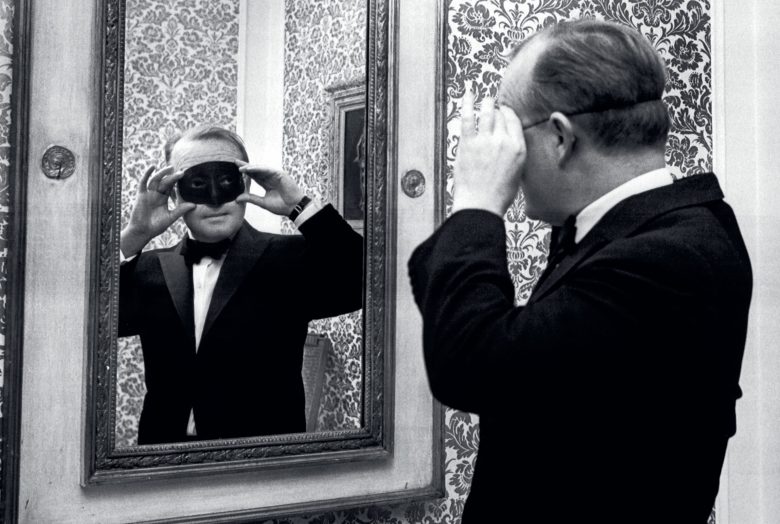
The history of the open book exam for A-level English literature has been a minefield since the 1970s, when it was first introduced. Traditionalists argued then that open book exams could not be an accurate test of knowledge, since students could not be said to really know their set texts if they had not committed them to memory. But educational thinking has developed over the years, so if you are following AQA (A) or (B), Edexcel or Eduqas syllabuses you are allowed to take your books into at least some of your exams. Edexcel is currently the only board that allows open book for all three papers, while OCR is the only one that offers no open book papers.
This suggests that most examiners and teachers recognise that there are benefits for students having the experience of some exams where they can use books, and others where they have learned quotations and rely solely on their memory when in the exam hall. If you decide to study English at university, you are assessed by a similar mixture of coursework essays and dissertations and very few final closed text exams. It is worth checking this carefully when you are doing your research into courses as they differ enormously. Try comparing York and Cambridge, for example.
Your organisation does not have access to this article.
Sign up today to give your students the edge they need to achieve their best grades with subject expertise
Subscribe




